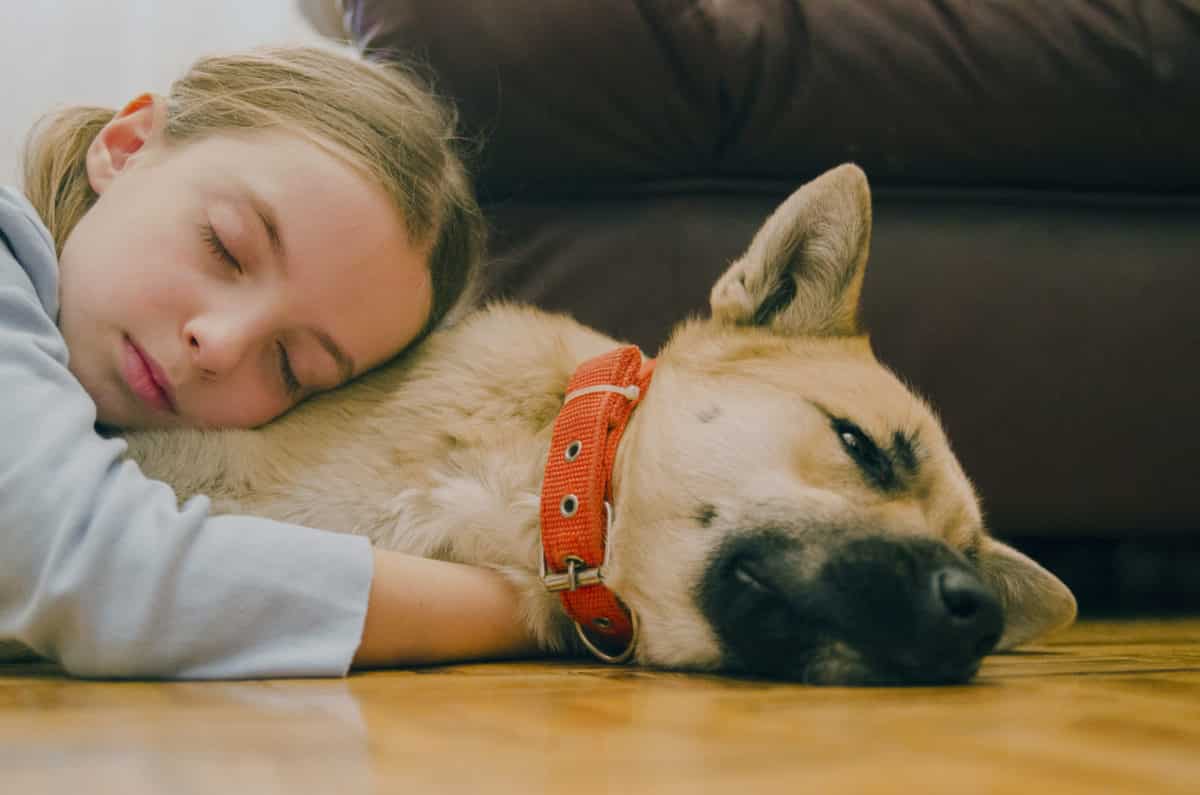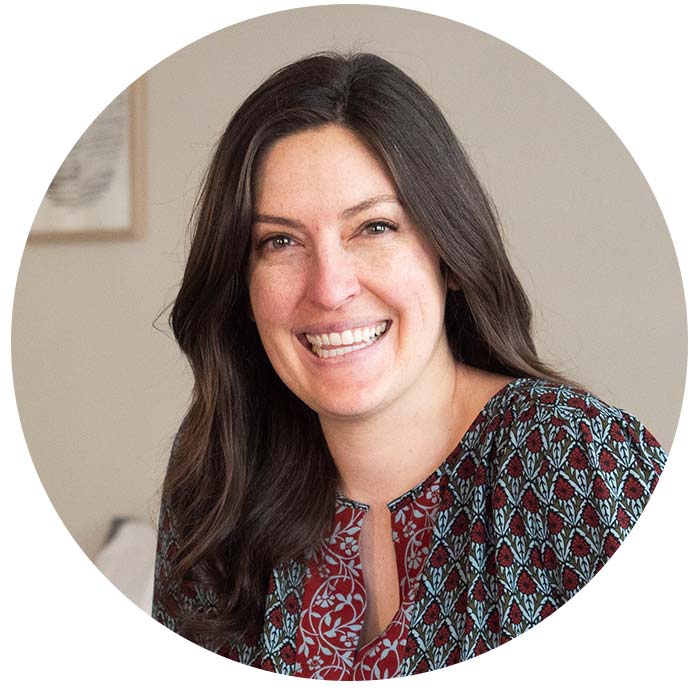Data from a recent McGill University study of school-age children suggest bad sleep habits begin earlier than assumed, leading experts to recommend that sleep guidelines for young children be revisited.
“Our findings contradict the prevailing assumption that sleep patterns remain largely unchanged during the school-age period, from six to 13 years old,” says Reut Gruber, an associate professor in McGill’s Department of Psychiatry and lead author of the study.”
Researchers studied sleep patterns in 144 Montreal-area school students, age 6 – 11, during the academic school year. Study participants were separated into three age groups: 6 – 7 years of age, 8 – 9 years of age, and 10 – 11 years of age. Researchers monitored children in their home for seven nights with the use of an actigraph – a mini wristwatch-like device that is used to analyze sleep by monitoring movement.
 Biserka Stojanovic/Shutterstock
Biserka Stojanovic/Shutterstock
According to measurements recorded from the actigraphs, only 17%of students ages 6-7 got the recommended amount of sleep. That percentage declined to 2.5% for those aged 10-11.
Additionally, the study authors reported that “increasing and significant delays in sleep start time, shorter sleep durations, and larger night-to-night variation in sleep were found in each age group compared to the younger one.”
“[The findings] highlight the importance of boundaries related to bed-time that parents should consider setting for their children even as they get older and more independent,” says Gruber in a release from the university.
Gruber and his research team the following recommendations to parents of children all ages:
- Get sufficient amount of good quality sleep.
- Go to bed at the same time every night.
- Wake up at the same time every morning.
- Learn to appreciate the importance of sleep to their health, mood and academic success.
- Get help if unable to fall asleep, stay asleep, get sufficient sleep, or if they do not appear well-rested in the morning.
McGill University says the study, “An Actigraphic Study of the Sleep Patterns of Younger and Older School-Age Children,” Reut Gruber, et al, will be published in the journal Sleep Medicine.
[Editor’s Note: The information provided should not be considered a substitute for professional advice. Please consult a sleep doctor or other medical expert if questions arise around one’s own health.]
Featured image: ESB Professional/Shutterstock

